How to Optimize Your mobile Appfor Performance
In today's competitive app market, the performance of a mobile Appis crucial to its success. Slow, lagging apps often lead to poor user experience, resulting in negative reviews, low retention rates, and fewer downloads. As mobile app developers, understanding how to optimize the performance of an app is essential for creating smooth, responsive, and reliable applications that will stand out from the competition. This blog explores several techniques mobile app developers use to optimize mobile Appperformance.
Understanding the Importance of App Performance
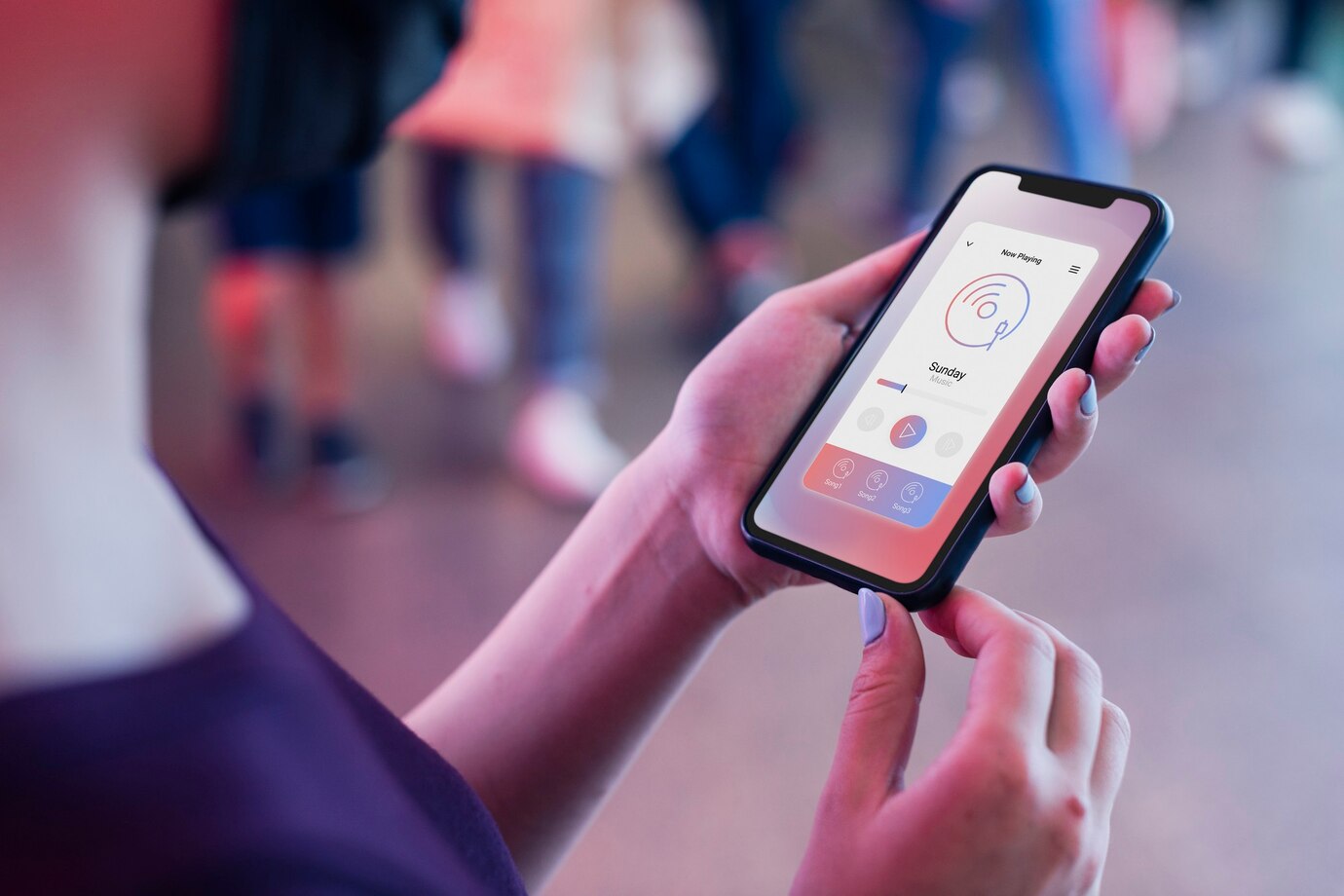
Performance optimization is vital to ensuring that a mobile Appruns efficiently across a variety of devices. The primary goal is to provide users with a fast, seamless experience, whether they are using the app on a flagship smartphone or a mid-range device. Users expect apps to load quickly, respond instantly to commands, and not consume excessive battery life or data. Mobile app developers play a crucial role in addressing these factors, ensuring that the app performs optimally on various hardware configurations and network conditions.
Efficient Code Practices for mobile app
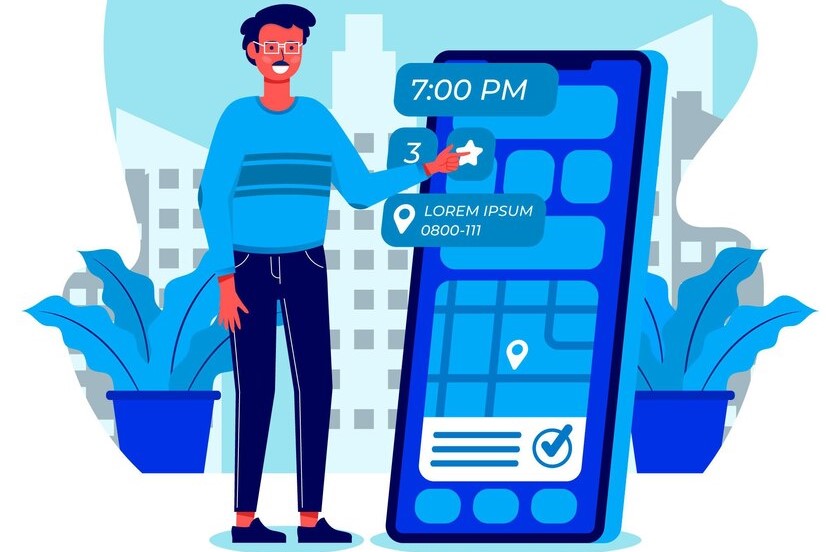
One of the most effective ways to optimize an app's performance is by ensuring the code is clean, efficient, and free of redundancies. Mobile app developers write modular code to avoid complex, resource-heavy functions that could slow down the app. This can be achieved by breaking down the app into smaller, reusable components, which helps in making the app easier to manage and faster to execute.
Optimizing the app’s architecture also involves using design patterns and coding practices that minimize the number of operations needed to achieve a specific result. For instance, app developers should make use of lazy loading, where data or components are loaded only when necessary, reducing initial load time and improving the overall performance. Mobile app developers also use profilers to identify bottlenecks in the code, enabling them to make performance tweaks.
Reducing App Load Time
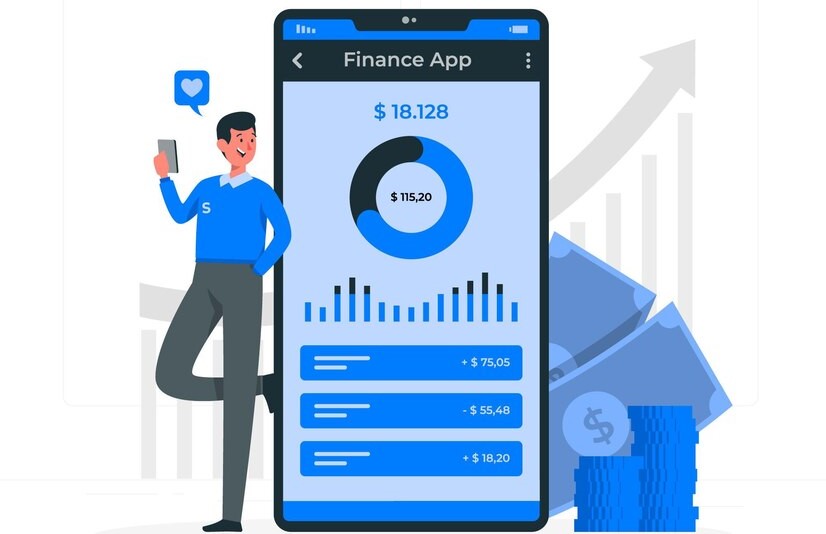
One of the most critical factors that influence app performance is load time. Apps that take too long to load tend to frustrate users, leading to uninstalls. To reduce load times, mobile app developers take several steps. First, images and other large assets should be compressed to reduce their file sizes. Additionally, developers should prioritize efficient network usage by minimizing the number of network requests and compressing data before sending it over the network.
Mobile app developers also cache frequently used data locally on the device. This reduces the number of requests to the server and speeds up data retrieval. Using local storage and databases, such as SQLite or Core Data on iOS, can drastically reduce load times for repetitive tasks. Combining these strategies will ensure that the app opens and runs smoothly without delays.
Optimizing App Memory Usage
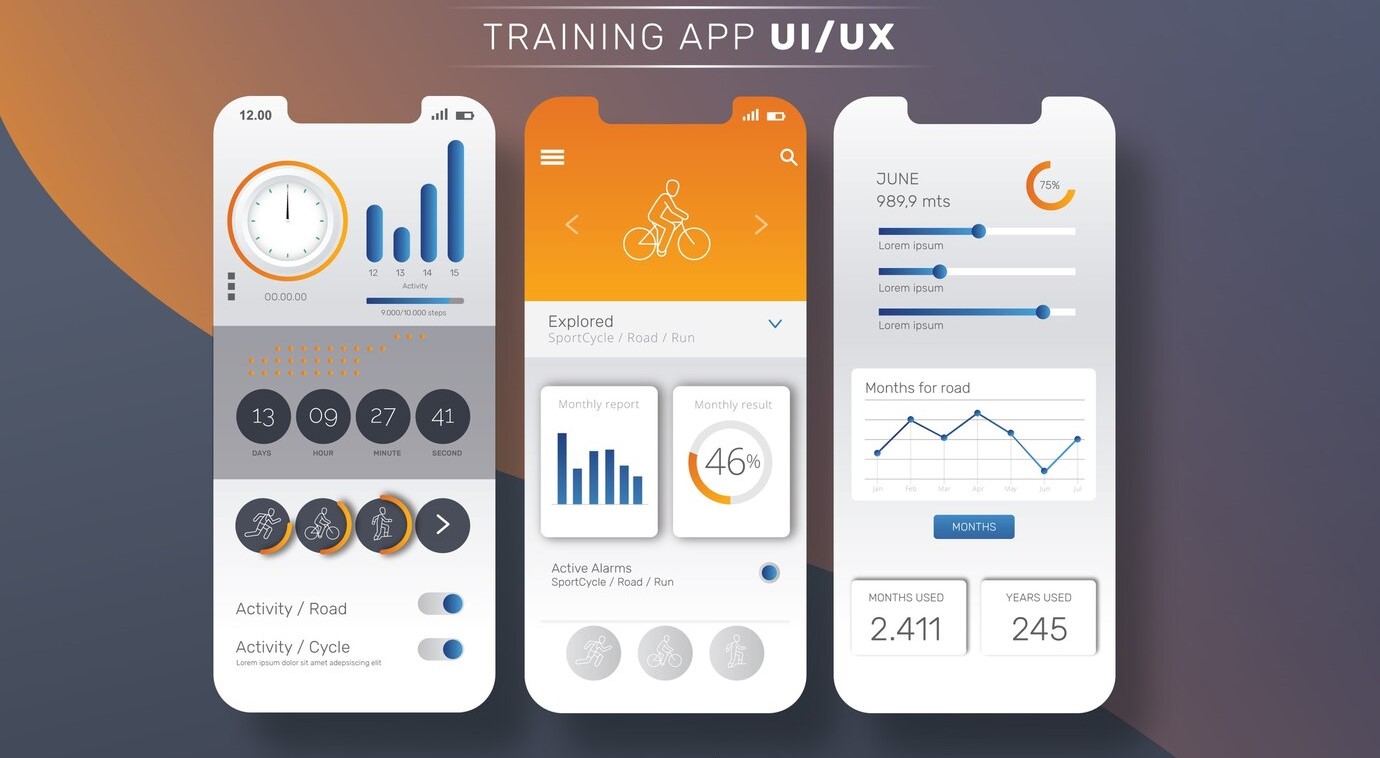
Memory management is another important aspect of mobile Appperformance. A mobile device’s resources are limited, and apps that consume too much memory can lead to sluggishness or even crashes. Mobile app developers to keep memory consumption in check by using memory-efficient data structures and techniques like object pooling and deallocation.
To optimize memory usage, developers should track the app's memory footprint during development using profiling tools. These tools help in detecting memory leaks, redundant object allocations, and excessive memory consumption. Identifying and resolving these issues early in the development process can prevent performance degradation and ensure that the app runs smoothly.
Managing App Battery Consumption
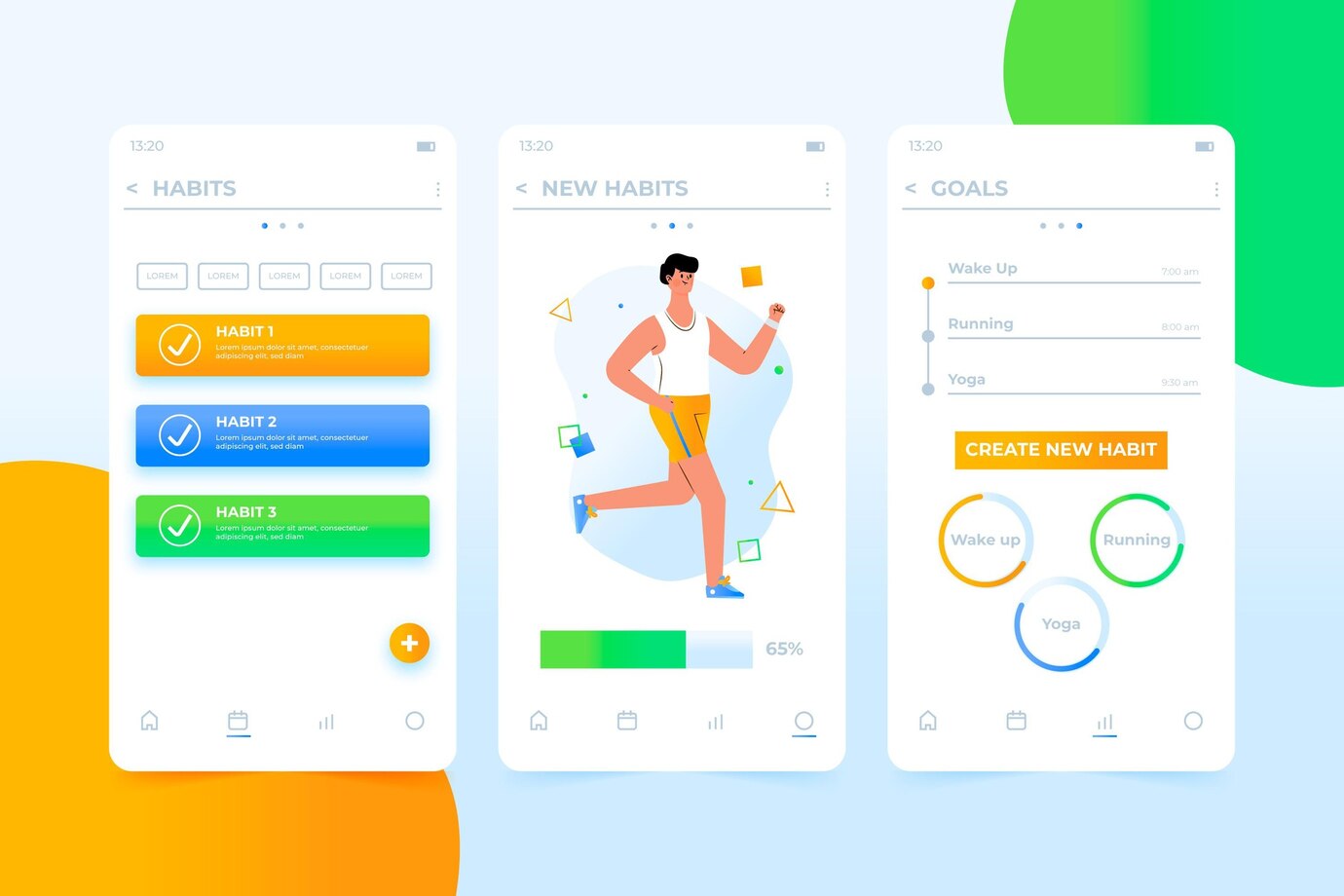
Battery drain is a common complaint among users, especially for apps that run background processes or use intensive resources like GPS or the camera. Mobile app developers to design apps that use power efficiently. This can be achieved by limiting the use of features like background processes and sensors, which drain the battery.
Developers can also implement power-saving modes that reduce the app’s functionality or usage when the battery is low. Additionally, minimizing the frequency of location updates and limiting the duration for which certain services, like GPS, remain active can help conserve battery life. By paying attention to battery usage and optimizing it accordingly, developers can ensure that the app remains efficient without sacrificing user experience.
Testing and Monitoring Performance Continuously
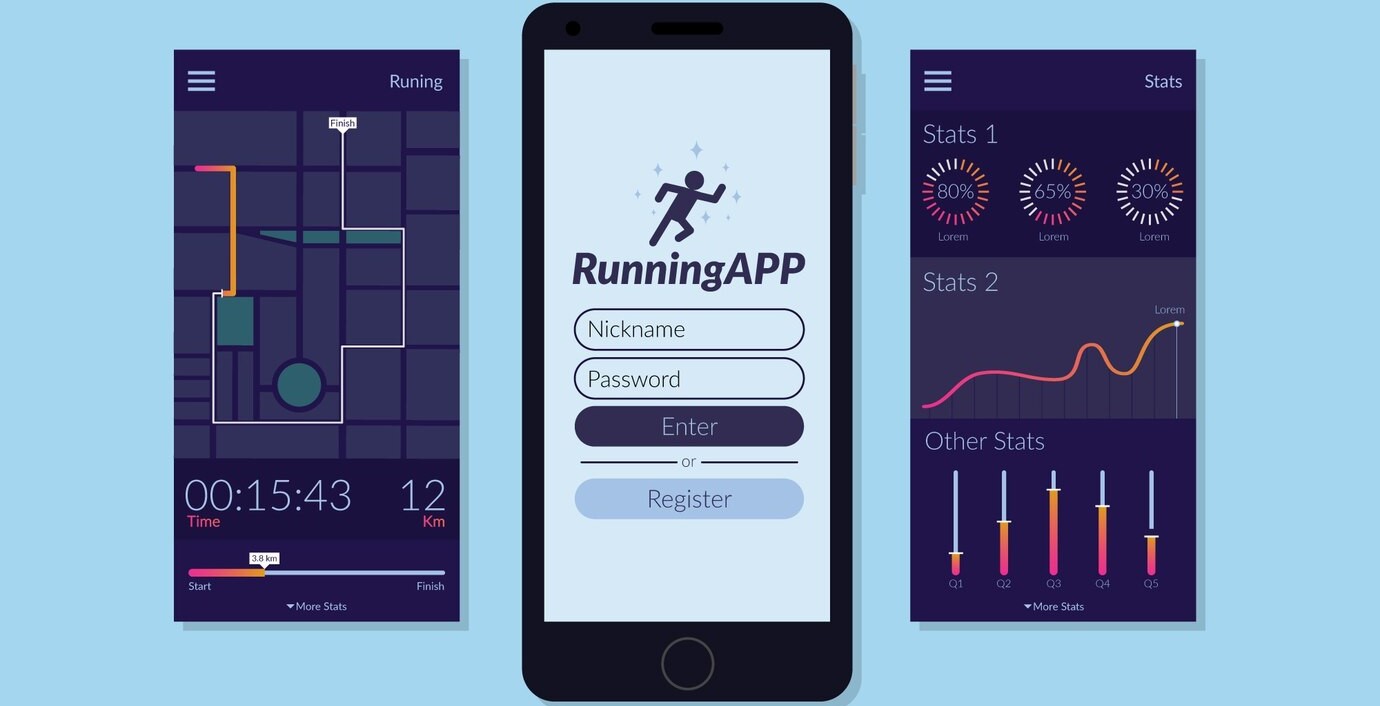
Optimizing performance is not a one-time task but an ongoing process.Mobile app developers to continuously test the app's performance on multiple devices and under various network conditions. They can use performance testing tools to monitor how the app behaves during real-world usage. Regular stress tests, load tests, and benchmarking can help detect issues before they affect the end-user experience.
Moreover, mobile app developers incorporate performance monitoring tools into the app after it’s released. These tools allow them to track real-time performance metrics such as app crash rates, load times, and user behavior, helping developers identify areas for improvement and ensure the app is performing at its best.
Choosing the Right Platform and Framework
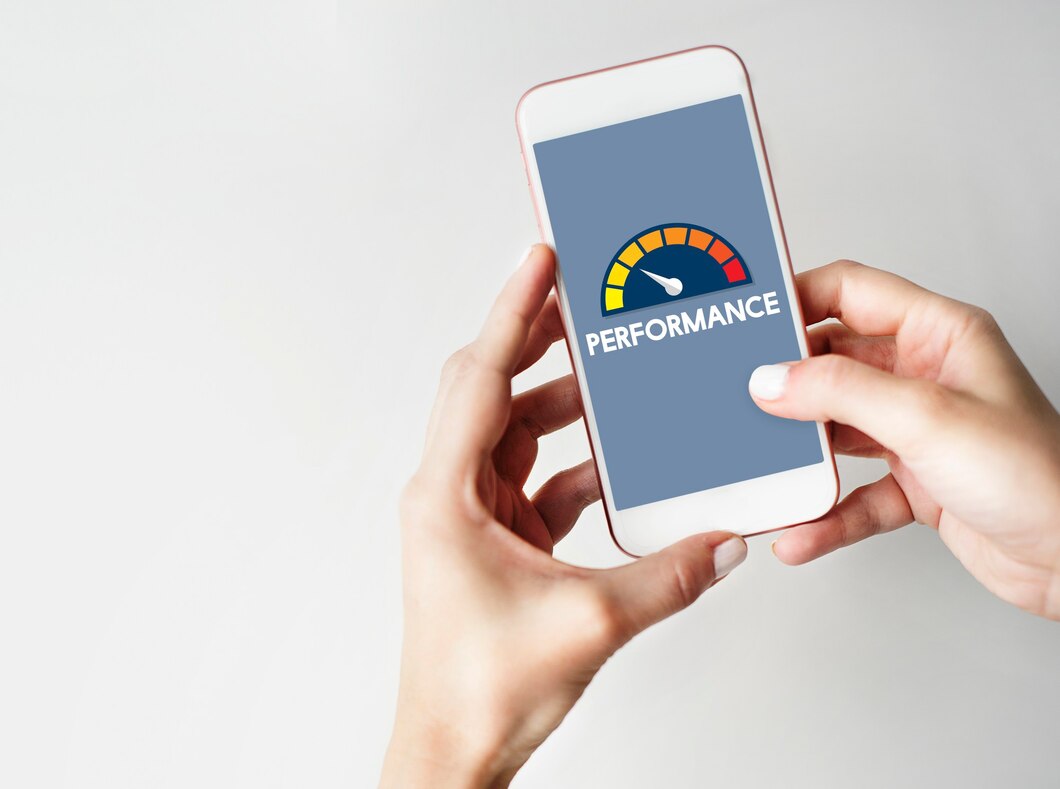
The choice of platform and framework can significantly impact the performance of a mobile app. Mobile app developers choose the right framework based on the specific needs of the app. Native development generally provides the best performance, as the app is optimized for the platform it's running on, whether iOS or Android.
However, for apps that need to work on multiple platforms, hybrid or cross-platform frameworks like React Native or Flutter can be used. While these frameworks may not offer the same level of performance as native apps, they provide a good balance between performance and development efficiency.Mobile app developers to weigh the trade-offs between performance and cost when choosing the right framework for their app.
Optimizing Network Performance

In many mobile app, network performance is one of the most significant factors affecting overall performance.Mobile app developers ensure that their app is capable of handling slow or unreliable network conditions. Implementing efficient data synchronization techniques, such as background sync or delta sync (where only changed data is transmitted), can help in improving network performance.
Using a content delivery network (CDN) can also help in speeding up data delivery, especially for apps that serve a global audience. By strategically placing servers in various regions, a CDN reduces latency and ensures fast content delivery regardless of the user’s location.
Conclusion
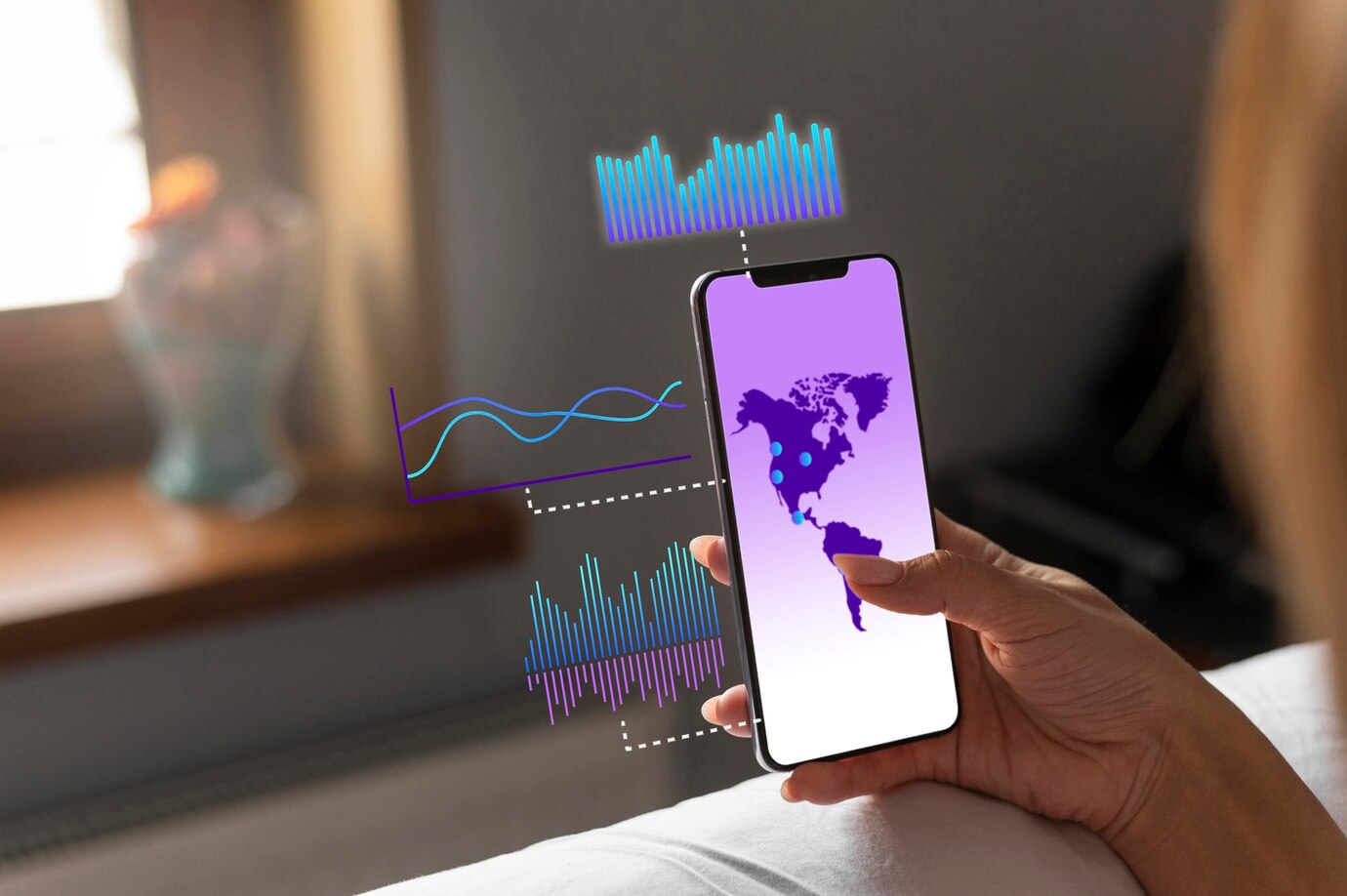
Optimizing mobile Appperformance is a vital aspect of mobile app development. By focusing on efficient code practices, reducing load times, optimizing memory and battery usage, and continuously monitoring performance, mobile app developers create high-performing apps that provide a superior user experience. The key to achieving optimal performance lies in adopting best practices throughout the development cycle and making performance a priority at every stage, from design to testing. By doing so, developers can ensure that their apps not only meet user expectations but exceed them, leading to greater success in the competitive app market.






